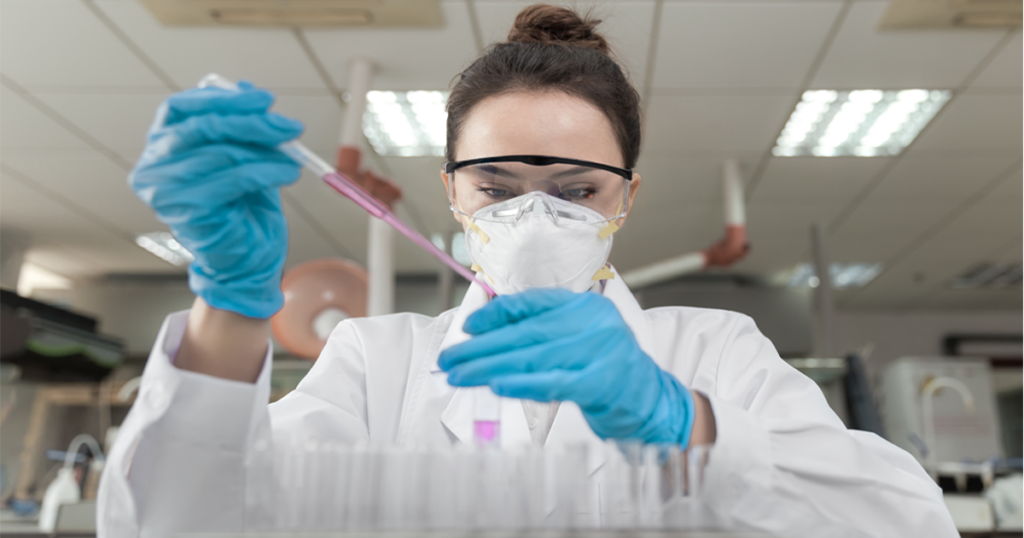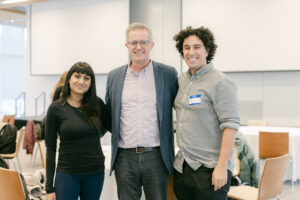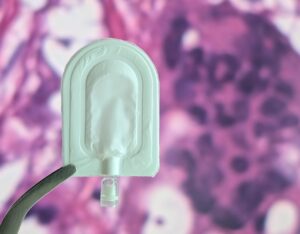
A significant part of JDRF’s research strategy is funding innovative therapies that can lead to treatment for type 1 diabetes (T1D) and eventually a cure. As part of this it was announced on April 6, 2022, that Vancouver, BC, Canada and New York, NY based company Aspect Biosystems (“Aspect”), are partnering to develop a bioengineered tissue therapeutic treatment for T1D. Aspect is a biotechnology company that develops bioengineered tissue therapeutics to transform how diseases are treated.
What is the aim of the partnership?
The JDRF-Aspect partnership supports Aspect’s development of bioengineered tissues that will provide insulin independence and control of blood sugar without the need for chronic immune suppression. In addition to funding, JDRF is also contributing strategic support through its vast network in the diabetes research field.
How does it work?
Diabetes researchers are always searching for a renewable source of insulin-producing cells that could conceivably replace or act as the beta cells that are destroyed in a person with T1D. This would allow them to produce insulin again, and either lessen or ideally eliminate the administration of exogenous (not produced intrinsically by the body) insulin required by someone living with T1D (either by injection, pen, or pump).
The biggest challenges to this are identifying the appropriate stem cell source (i.e., pancreatic cells, or liver cells) and ensuring that not only do they work to produce insulin – but they also won’t be rejected by a person’s immune system. Much like a transplanted organ – most of these kinds of therapies require immunosuppressing medications to prevent rejection.
Aspect is leveraging its proprietary bioprinting technology, therapeutic cells, and materials science to create a pipeline of cell-based tissue therapeutics that replace or repair damaged organ functions. These tissue therapeutics are engineered to be biologically functional, immune-protective, and suitable for surgical implantation to treat diseases such as type 1 diabetes.
In other words – these bioengineered cells could become an external and renewable source of beta cells that could be available to anyone with T1D. Cells that can be safely transplanted and start producing insulin, without the need for any immunosuppression medication, would be a game-changer in T1D treatment.
“For more than 20 years, JDRF has been a leader in cell-based tissue therapy research for type 1 diabetes,” said Esther Latres, Assistant Vice President of Research at JDRFI, of which JDRF Canada is an affiliate organization. “This funding partnership with Aspect Biosystems will support and continue scientific advancements in the field and undeniably take us closer to finding a cure.”
What are the next steps?
The partnership will provide the funding needed to advance Aspect’s cutting-edge pancreatic tissue program. The work proposed by Aspect’s researchers will generate a powerful pre-clinical data-package that will position the company to be ready to initiate the first-in-human trials of this kind of therapy.
It’s never been a more exciting time in T1D scientific discovery. JDRF is so pleased to be part of this ground-breaking research and will provide updates on developments as they become available.



